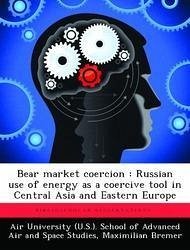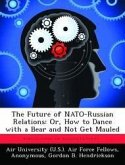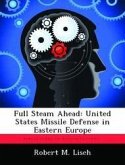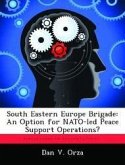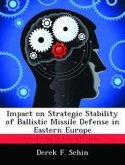This study considers the efficacy of economic coercion as a means of securing national interests. It begins by defining coercion as one state using positive or negative efforts to cause another state to alter perceptions of its own interests. These efforts can take the form of deterrence, compellence, or a combination of the two. Using a framework of capability, credibility, communication, and choice, this study considers how different cultures, especially the Russian culture, understand the interactions of these elements through Thucydides' lens of fear, honor, and interest. Russian strategic culture is significantly different from American culture, and this study examines the roots of that difference: geography and history. By looking at recent Russian coercive efforts in two areas, Central Asia and Eastern Europe, this study concludes that Russia, since Putin's rise to power, has engaged in effective economic coercion to further Russian strategic interests. Fear drives Russia to build a buffer zone of Near Abroad countries; honor dictates Russia's concern for international prestige and the rights of ethnic Russians abroad; and economic interest requires Russia defend her dominance in European energy markets. Understanding Russia's coercive methods and the strategic interests it seeks to secure illuminates recent Russian actions and helps predict future coercive efforts.
Hinweis: Dieser Artikel kann nur an eine deutsche Lieferadresse ausgeliefert werden.
Hinweis: Dieser Artikel kann nur an eine deutsche Lieferadresse ausgeliefert werden.

